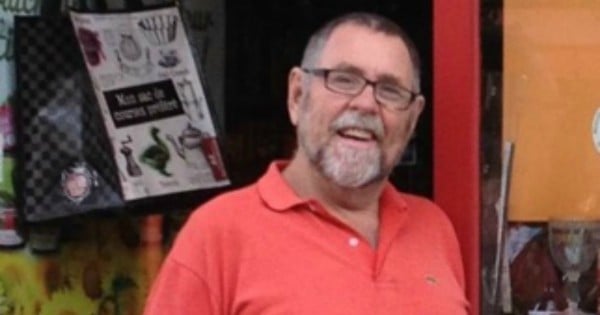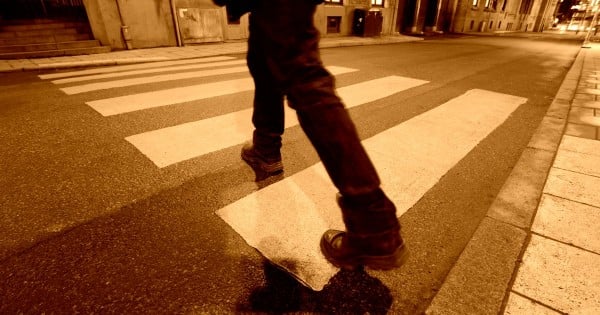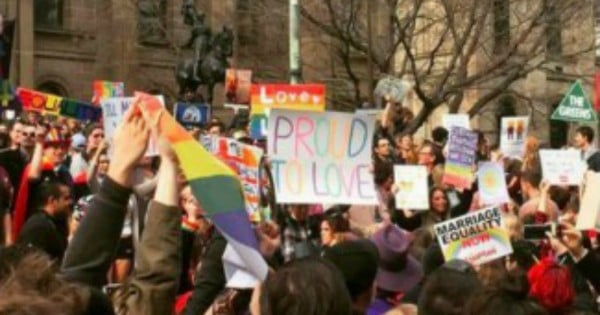
It was 1988.
It was the year of the famous World Expo in Brisbane. Kylie Minogue released her hit single, “I Should Be So Lucky”. And, Bob Hawke was Prime Minister of Australia.
Also in 1988, just 28 years ago, a man called Alan Raabe was convicted in Queensland for an act of “homosexuality”.
More specifically, he was convicted under the Queensland Criminal Code 1899 and Criminal Law (Sexual Offences) Act 1978 for “aggravated sexual assault” against another man.





Top Comments
Hard to believe that was such a short time ago, seems like such an archaic law.
I know! When I first read about Alan's story I thought there was surely a typo in the date, but - 100% accurate. Unbelievable.
Thanks for reading. Abbyx (Mamamia)